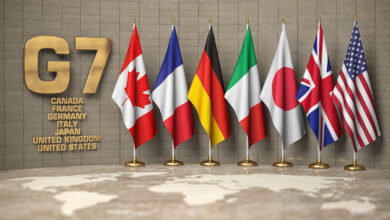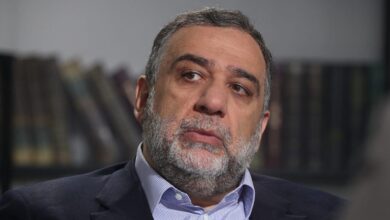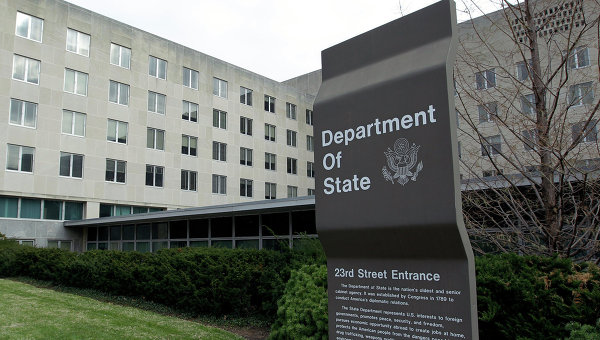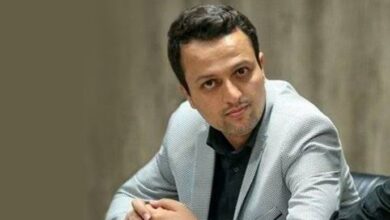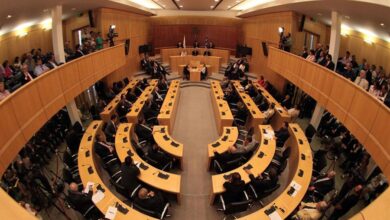
The European Commission has adopted a programme to support cooperation with the Eastern Partnership countries in the field of youth. Youth exchanges, raising awareness, voluntary activities, trainings and networking opportunities will be supported to strengthen skills of young people and capacities of youth organisations in the Eastern Partnership countries. In total, more than 1,400 projects will be financed involving about 21,000 young people and youth workers
The Eastern Partnership Youth Window, under the EU Youth in Action Programme, will provide funds to promote cooperation opportunities among young people, youth workers and organisations from the European Union and the Eastern Partnership countries. A special attention will be put to support disadvantaged young people living in rural or poor urban areas.
“Young people are crucial for the harmonious development of inclusive societies and for successful future collaboration with our neighbours. For this reason we have approved this programme, to support young people – particularly those with fewer opportunities – and their active participation in society”, said Commissioner for Enlargement and the European Neighbourhood Policy, Stefan Füle.
The total budget of the programme is €29 million for 2012-2013, out of which €14 million is dedicated for 2012 and €15 million for 2013. Funds available for 2012 will be committed this year, but projects will be implemented in 2013.
Also, the European Commission adopted a new support package for higher education in the European Neighbourhood region.
“Investing in people is a key objective of the neighbourhood policy. This is the reason why we have significantly increased the funding for our higher education programmes in the neighbourhood during the last years”, stated EU Commissioner for Enlargement and European Neighbourhood Policy Štefan Füle.
The Erasmus Mundus programme aims to enhance the quality of higher education in the Neighbourhood region by promoting mobility and academic cooperation between universities and students. It gives university students and staff a chance to improve their educational and career opportunities by attending programmes at different European universities. Around 228 full scholarships will be awarded to students from the Neighbourhood region to follow Master courses in the EU. 2013 funding will also support 20 partnerships between universities from partner countries and the EU, leading to nearly 2,560 exchanges of students and academic staff.
While Erasmus Mundus focuses on mobility, the Tempus programme aims to support the modernisation of higher education in partner countries and promotes institutional cooperation between higher education institutions in the EU and the partner countries. Tempus funds co-operative projects in areas such as curriculum modernisation, staff development and university governance and leads to structural reforms in higher education. Approximately 65 new projects will be financed from the 2013 budget.


